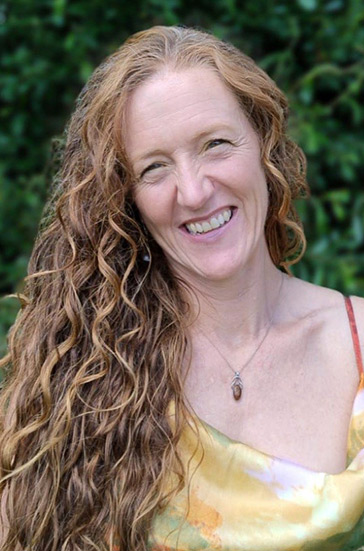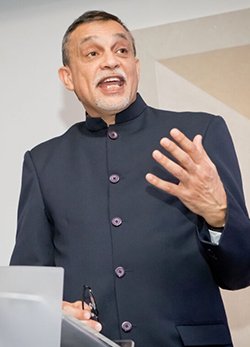
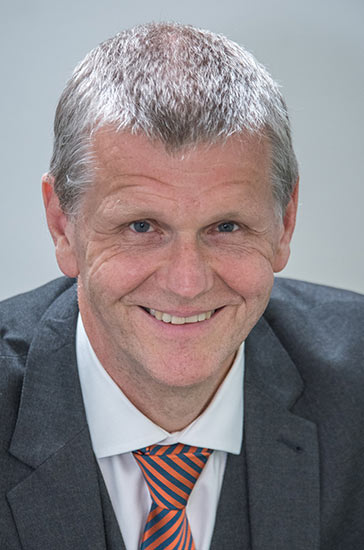
GP Lives: Local heroes
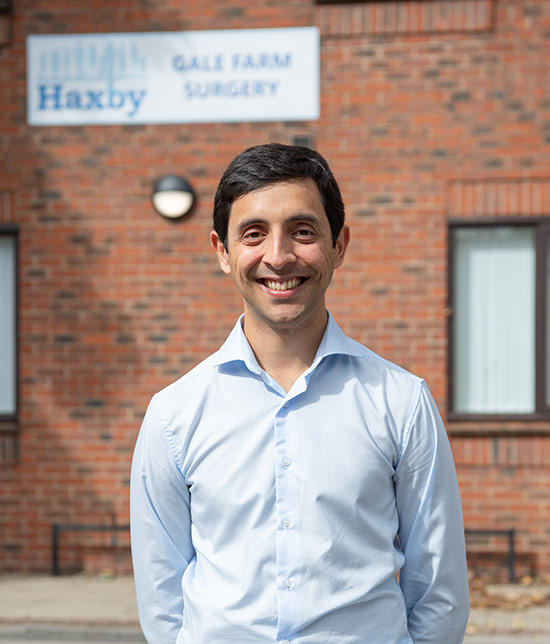
The trick to a healthy and long career in general practice is to find the things you are good at and enjoy, says Dr Thomas Patel-Campbell, the soon-to-be new RCGP Vice Chair Finance and Member Value.
As a junior doctor considering his future it was the variety and autonomy that attracted him to the profession. But another key factor was the ability to effect change. “I really get frustrated when I can see things that can be made better. Working as a GP partner, I have pretty significant autonomy to make changes when I see things that can be improved,” he explains.
But he also knows where his particular strengths lie. “Being a GP doesn't give us all the same skill set,” he notes. His interest in business and finance, as well as patient care, is the reason he signed up to a partnership at the Haxby Group in York where he is now director of clinical operations. His now six-year-old daughter had just been born when he took on the partner role. The time felt right, he explains. “It's important to reflect on what we as individuals are best at and find a role that suits you.”
His Dad was a GP so he knew what he was getting into but his initial plan when at school in North Yorkshire was to become an aerospace engineer. That was until he realised he needed more human interaction.
After studying at UCL and doing his GP training in London, Dr Patel-Campbell and his wife decided to move north to be nearer their families. He was keen to join the Haxby Group as a practice where he liked the benefits of working at scale but also their work to address health inequalities: meeting the needs of local populations which are very different to the more affluent York. There, recruitment of clinicians has historically been easier, compared with Haxby's practices in Hull and Scarborough where deprivation and recruitment provide greater challenges.
He is particularly interested in digital innovation and the practice had already moved to (GP-led) total triage before the pandemic. Having just about recovered from the disruption caused by Covid-19, his team is now considering how to get the right balance between telephone and face to face consultations as well as delivering continuity where it is most needed.
“We’ve completely changed lots of our models of care for long-term conditions. We started to look at group consults for new diagnoses.” This includes use of text message questions for reviews of a low-risk patients, for example with asthma, which allows the team to free up longer consultations for complex asthmatics. “It's a completely different delivery model that allows us to get past the backlog and has made us more financially resilient as well,” he said.
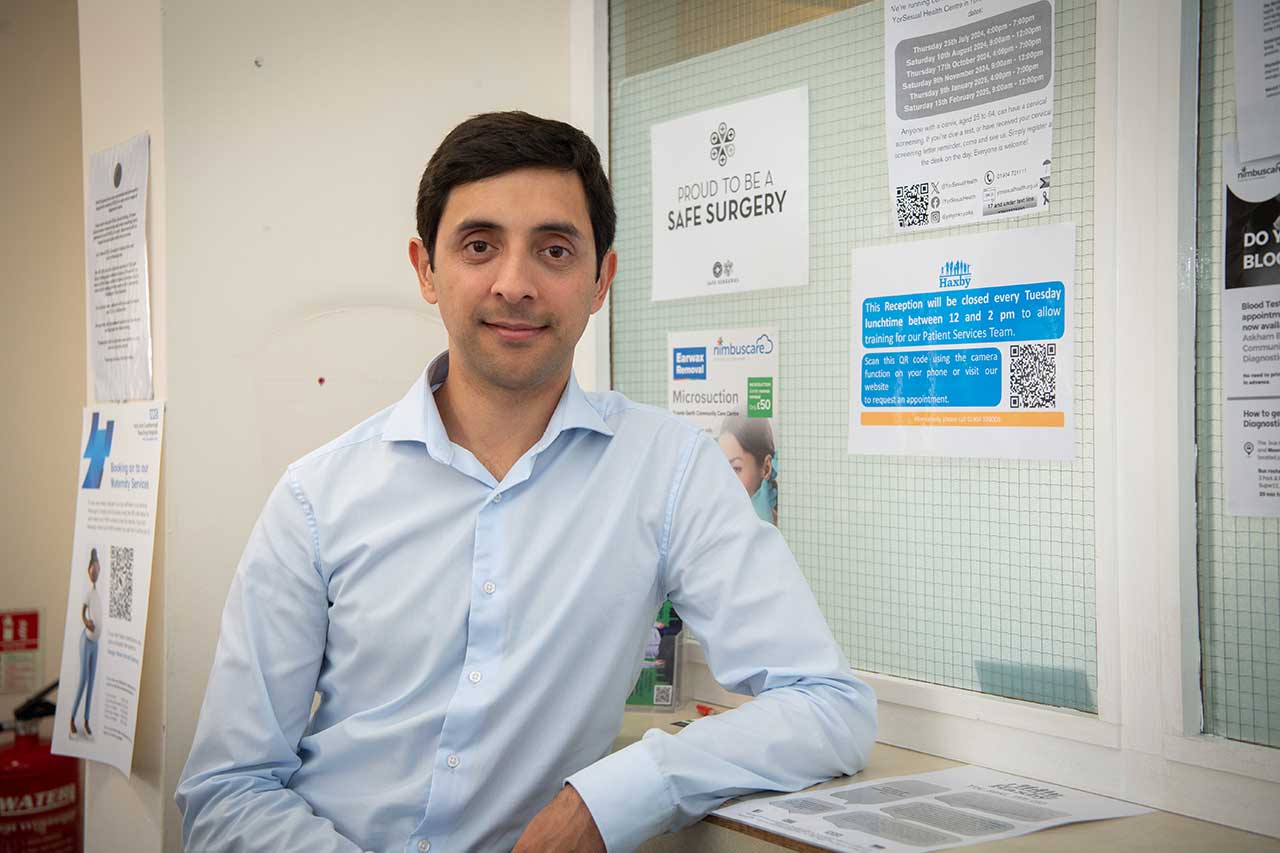
He says now is the time to step back and look at providing better quality care and continuity is definitely part of that.
“We don't run a named list, we think it causes pressure and we couldn’t manage it, but we are starting a quality improvement project to look at how we segment our populations and deliver continuity for those who really need it because they've got complex social, mental health, and physical health problems.”
His new role at the college on finance and member value is not just new for Dr Patel-Campbell, as it replaces what was once the Honorary Treasurer role. It reflects just how much the College is changing in line with members’ needs, he says. “I like the fact the role has broadened, because I think we are at risk of missing the wider value that members get by just treating it financially.”
Becoming a member is not just a financial decision, he stresses. “It’s networking opportunities, mentor opportunities, soft power opportunities, CPD. It is all linked, because how we improve our CPD offering, how we improve our member engagement offering is to invest within the College and the teams that deliver those services.”
In the same way the profession is currently reflecting what being a GP means and what services should be offered, there's a real opportunity over the next few years to look at what do we want the College to be now, says Dr Patel-Campbell.
“We do need to think about how we can best deliver value in its broader sense to members over the next five and 10 years. There is huge opportunity there, and I'm really interested to hear what members want that to look like over time. We need to hear from members about what they want their College to provide them with in the form of value – in terms of emotional value, brand value, professional development value as well as financial. This shouldn’t be a top-down decision.”
Read more
Thank you for your feedback. Your response will help improve this page.
